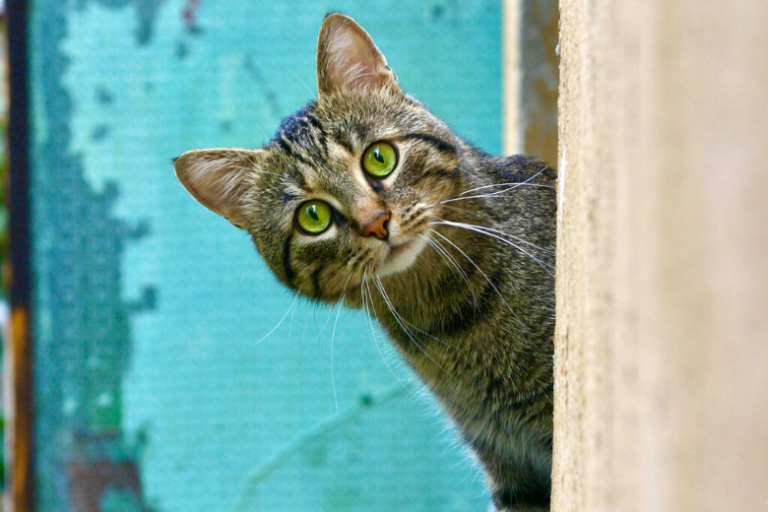10 Daily Routines To Reassure Emotionally Sensitive Cats
Some cats strut through life like little emperors — confident, curious, and utterly unbothered. Others? Not so much. Emotionally sensitive cats often startle easily, hide when routines change, and crave calm more than chaos.
For these delicate souls, stability is everything. Creating comforting, predictable daily routines can help them feel secure, build trust, and even prevent anxiety-related behaviors. Here are gentle habits that can make a big difference.
Feed Them at the Same Times Each Day

Meal schedules provide emotional security. Feeding your cat at consistent times helps them anticipate what’s coming, reducing stress and encouraging feelings of safety — especially important for cats who feel overwhelmed by sudden changes.
Keep Greeting and Goodbye Rituals Calm

Sensitive cats may react to excitement with withdrawal. Greeting them softly when you come home and keeping goodbyes low-key reassures them without adding emotional spikes, helping them stay grounded and less anxious during transitions.
Play Gently and Consistently
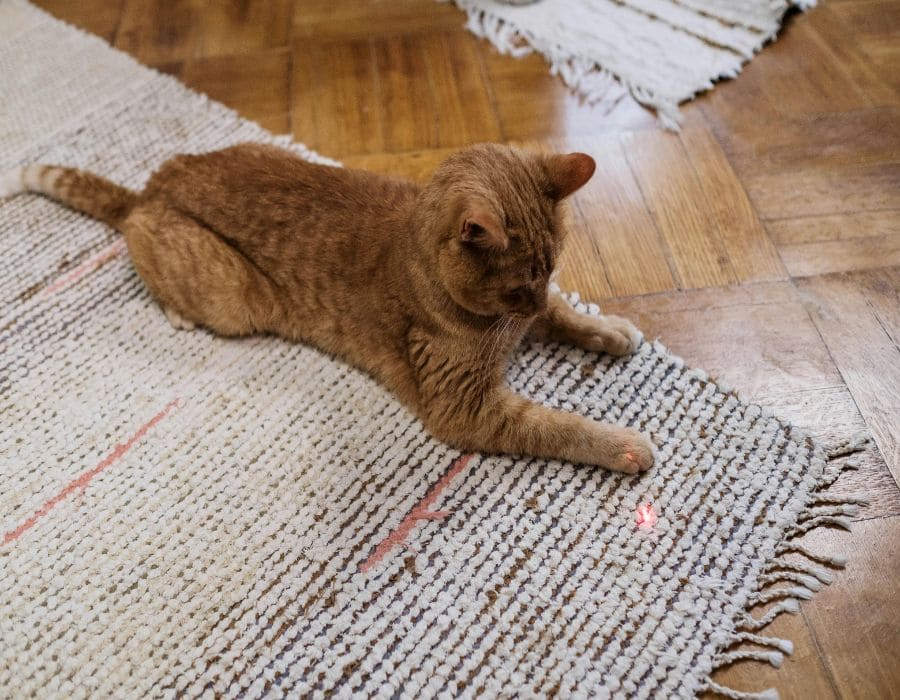
A few short, calm play sessions each day can help sensitive cats build confidence. Use soft toys or wand games they can predict and control. Avoid sudden loud noises or erratic movements during play.
Speak in a Soft, Predictable Tone
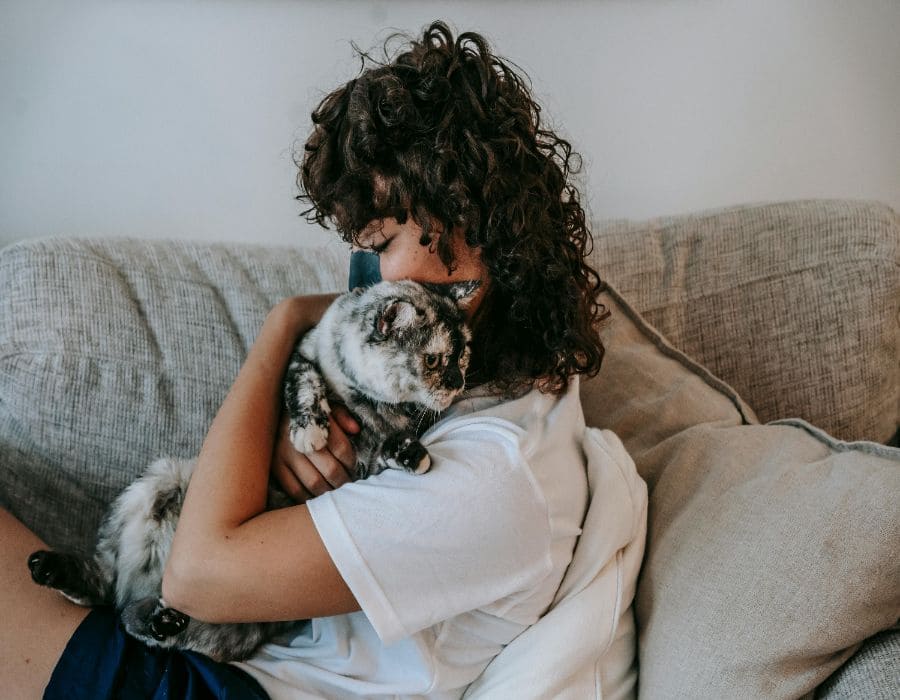
Emotionally sensitive cats respond well to calm, soothing voices. Using a soft tone when talking to them — especially during care routines like feeding or grooming — reinforces trust and signals that they are safe with you.
Stick to a Predictable Morning Routine
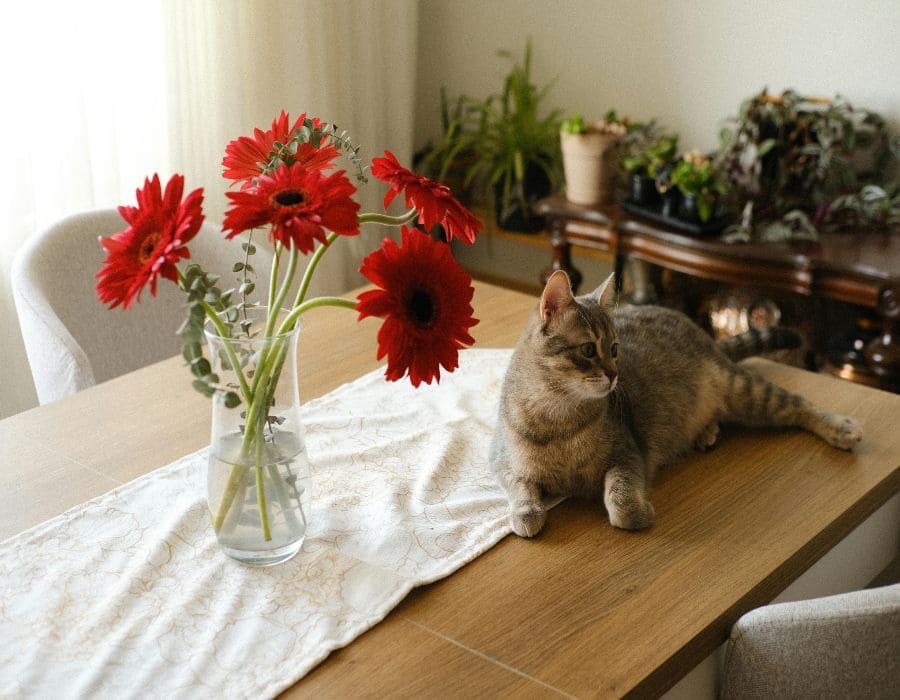
Cats are creatures of habit, and morning routines help them start the day with confidence. Whether it’s brushing, feeding, or a cuddle on the couch, familiar steps give your cat structure and reduce stress.
Limit Sudden Loud Sounds

Vacuuming, doorbells, or even clattering dishes can startle a sensitive cat. Try to schedule noisy activities for times when they’re in another room, or create quiet hideaways where they can escape the chaos when needed.
Give Them a Safe, Private Space

A cozy, consistent hiding spot — like a cat tent, high shelf, or quiet corner — allows your cat to retreat when they feel overstimulated. Just knowing the option exists can make them feel more at ease.
Use Positive Touch Only When Invited
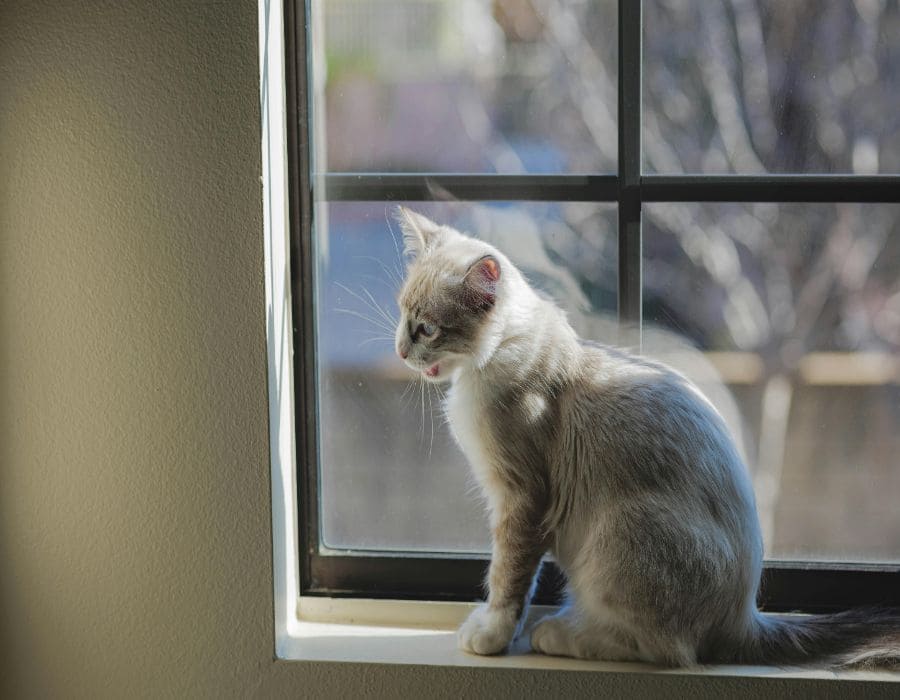
Sensitive cats often dislike being grabbed or handled unexpectedly. Let them come to you for cuddles, and respect their signals. Gentle petting, initiated by the cat, helps build emotional safety and trust.
Offer Gentle Grooming at the Same Time Daily
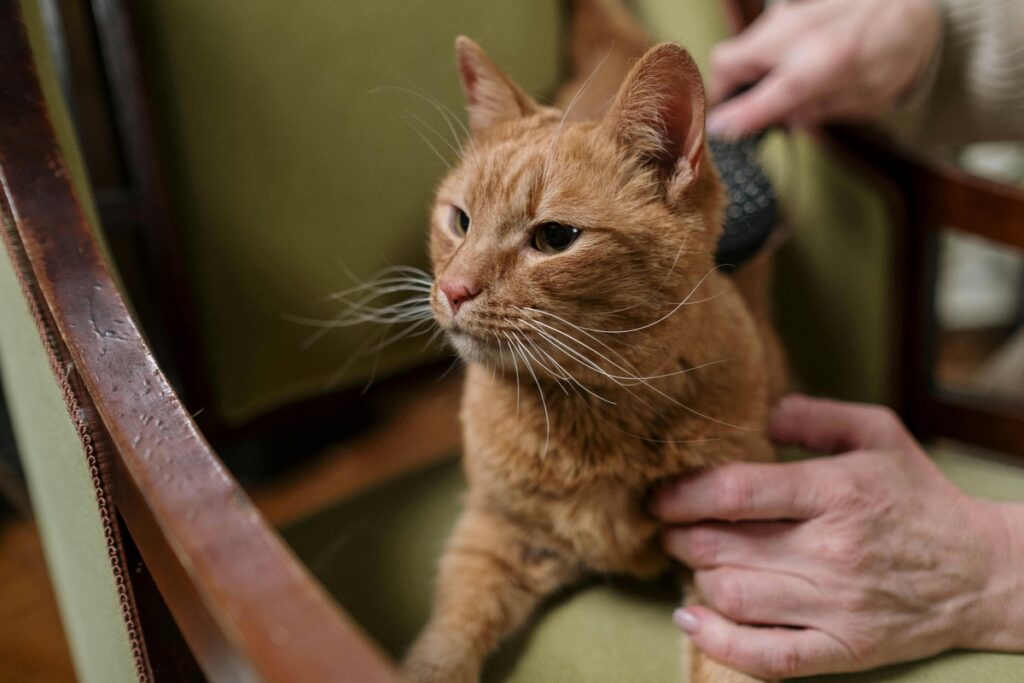
Regular grooming with a soft brush, done at the same time each day, can feel like a soothing ritual. If they’re nervous, start with short sessions. Over time, it can become a bonding activity.
Observe and Adapt
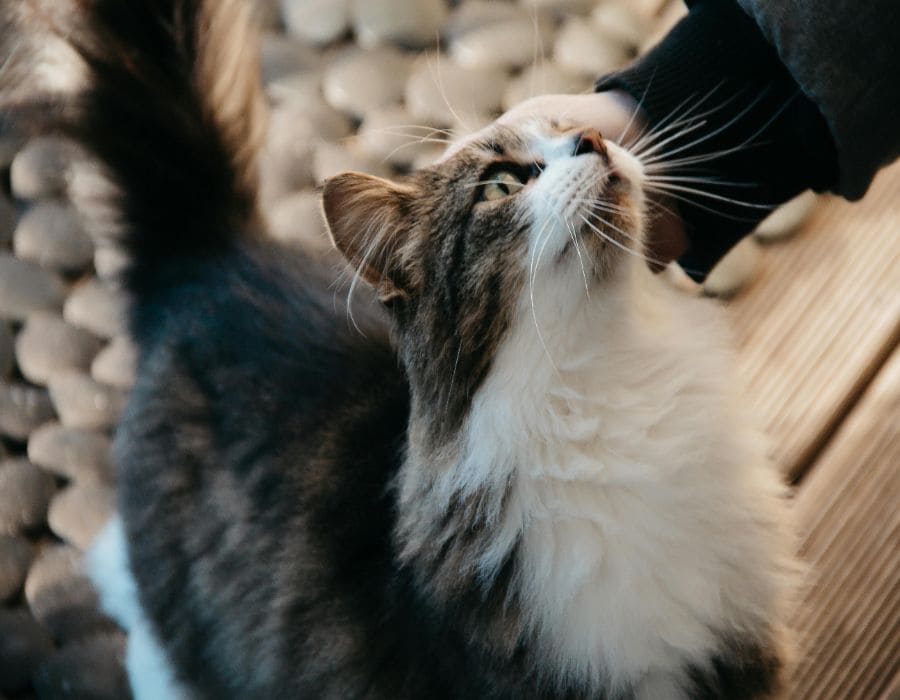
Every cat is different. Spend a few minutes each day watching their body language. If they seem overwhelmed by part of your routine, adjust it. Flexibility with a foundation of structure helps them feel seen and secure.
Final Thoughts
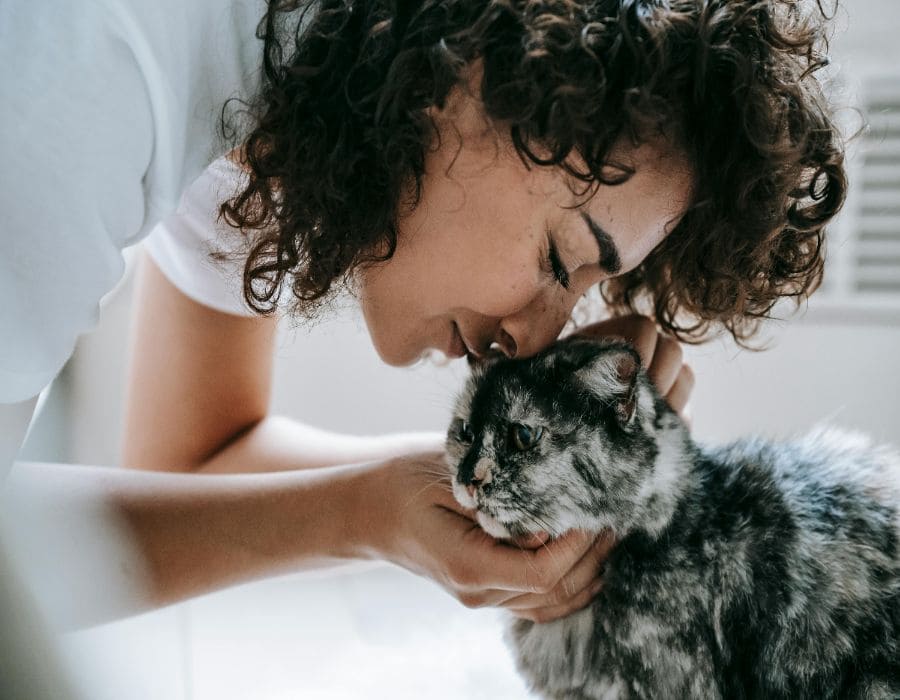
Sensitive cats don’t need flashy toys or nonstop attention — they need calm, predictable care and emotional safety. By building these reassuring habits into your daily life, you can help your cat feel more confident, peaceful, and at home.





